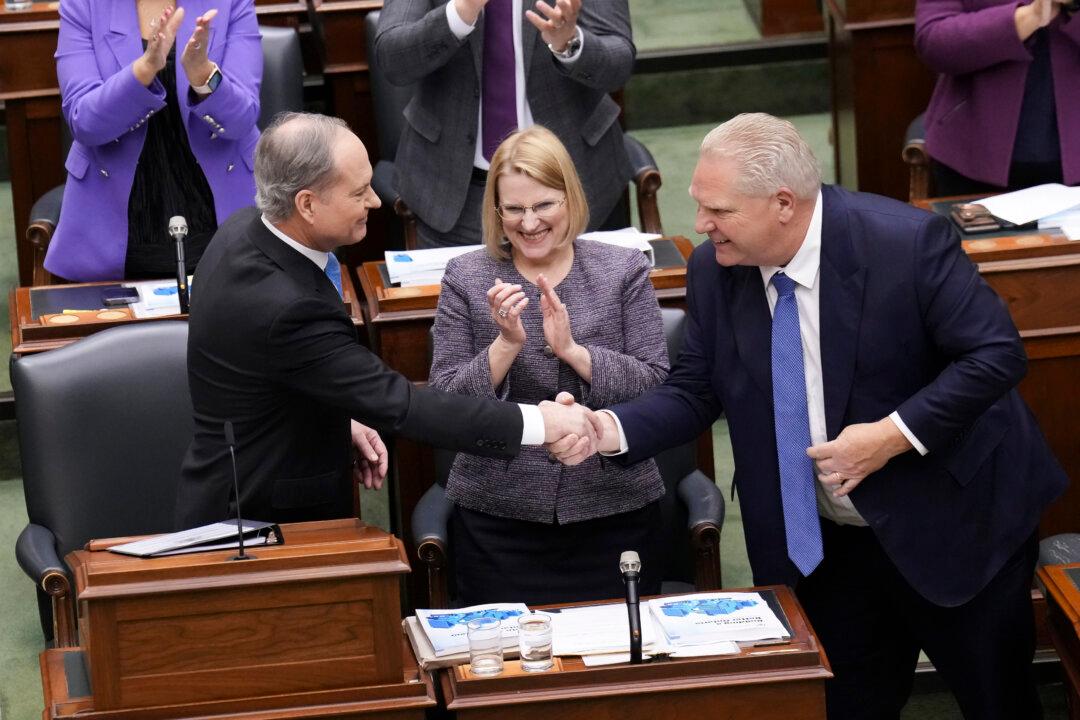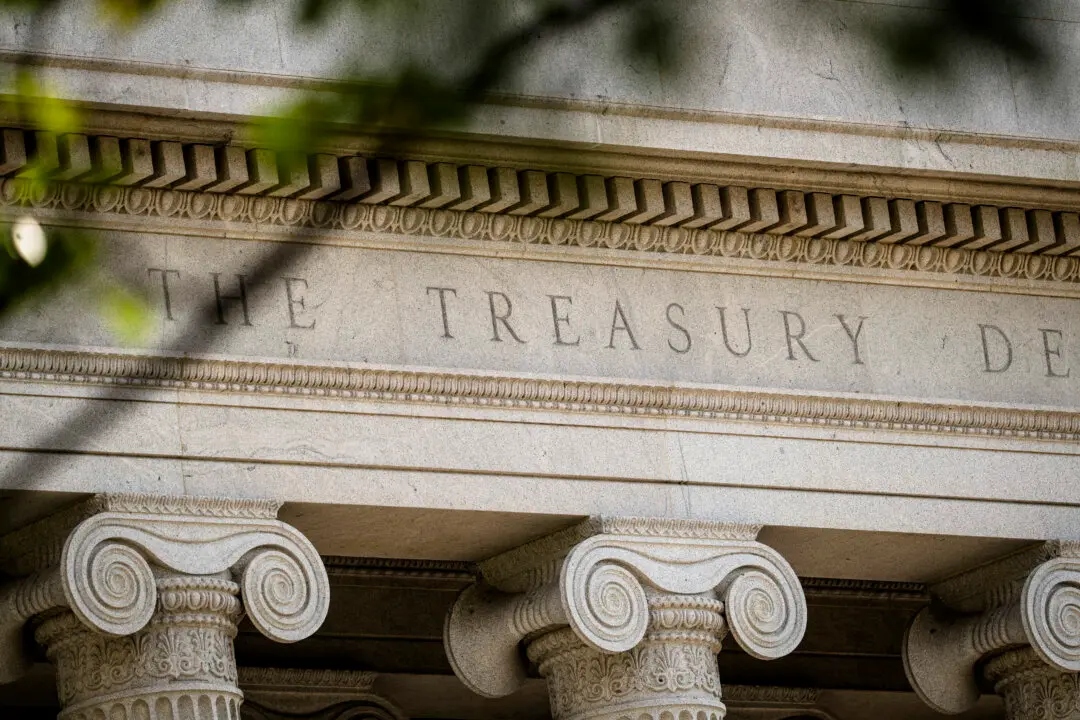Ontario’s budget is forecasting a deficit of $9.8 billion in 2024–25, more than three times the $3 billion deficit in the current fiscal year, with more expenditure on housing and infrastructure amid a slow economy.
Ontario Finance Minister Peter Bethlenfalvy began his budget presentation on March 26 by acknowledging the financial stresses endured by residents of the province and criticizing the federal government’s intention increase the carbon tax on April 1. The budget, with no tax increases, included an increase in infrastructure spending and, as previously announced, extended the temporary break on the fuel tax.
“In the face of global economic uncertainty and high interest rates that continue to put pressure on Ontario families, our government is taking a responsible approach by investing to rebuild Ontario’s economy without raising taxes,” Mr. Bethlenfalvy said in a statement.
The infrastructure spending includes $1 billion to facilitate new housing construction under a provincial-municipal program and $825 million to fund upgrades to the water system given Ontario’s population rise. The population of the province increased by a million between 2020 and 2024.
Over the next 10 years, the province is investing more than $190 billion to build and expand highways, transit, homes, hospitals, schools, high-speed internet, and other critical infrastructure. The government is aiming to build at least 1.5 million new homes by 2031.
Of this funding over 10 years, $27.4 billion is allocated for building and expanding highways, and $67.5 billion for a variety of public transit projects. Although the figures appear large, they are meant to make up for the lack of transportation infrastructure spending over the last few decades relative to population.
The Progressive Conservative government also announced $2 billion over three years in spending, on top of the $1 billion announced in the 2023 budget, to expand home care services and increase compensation for personal support workers, nurses, and and other frontline care workers. There is also an additional $965 million in 2024–25 for the province’s hospital system.





